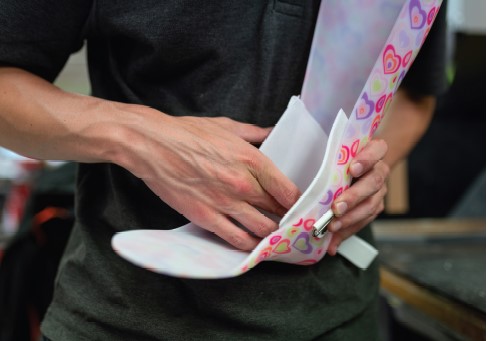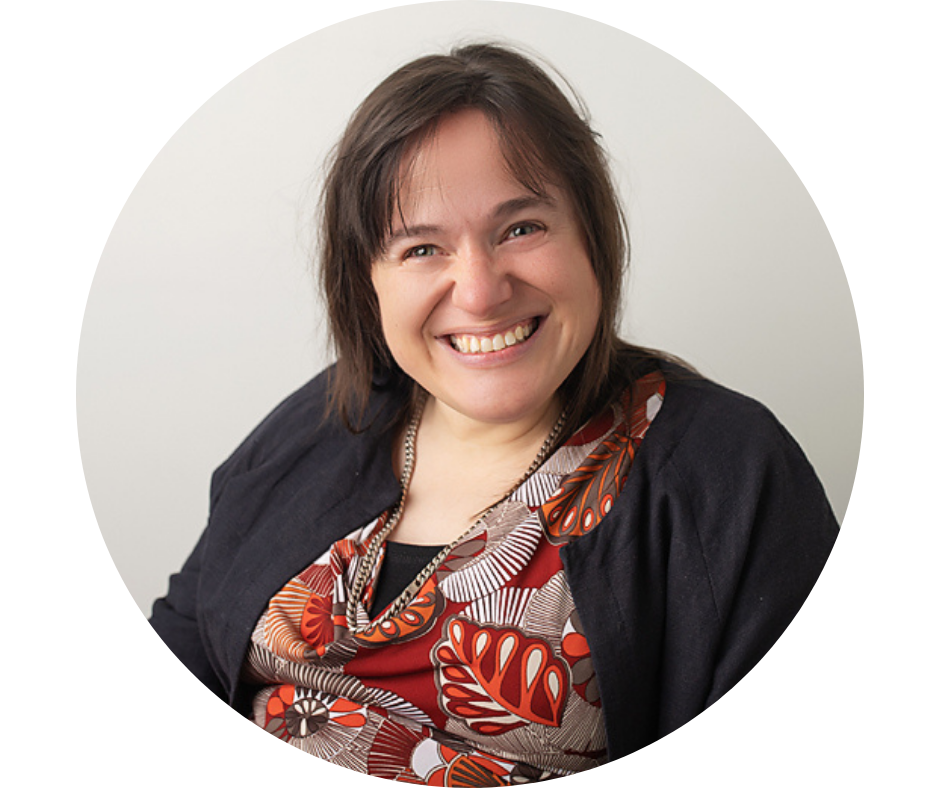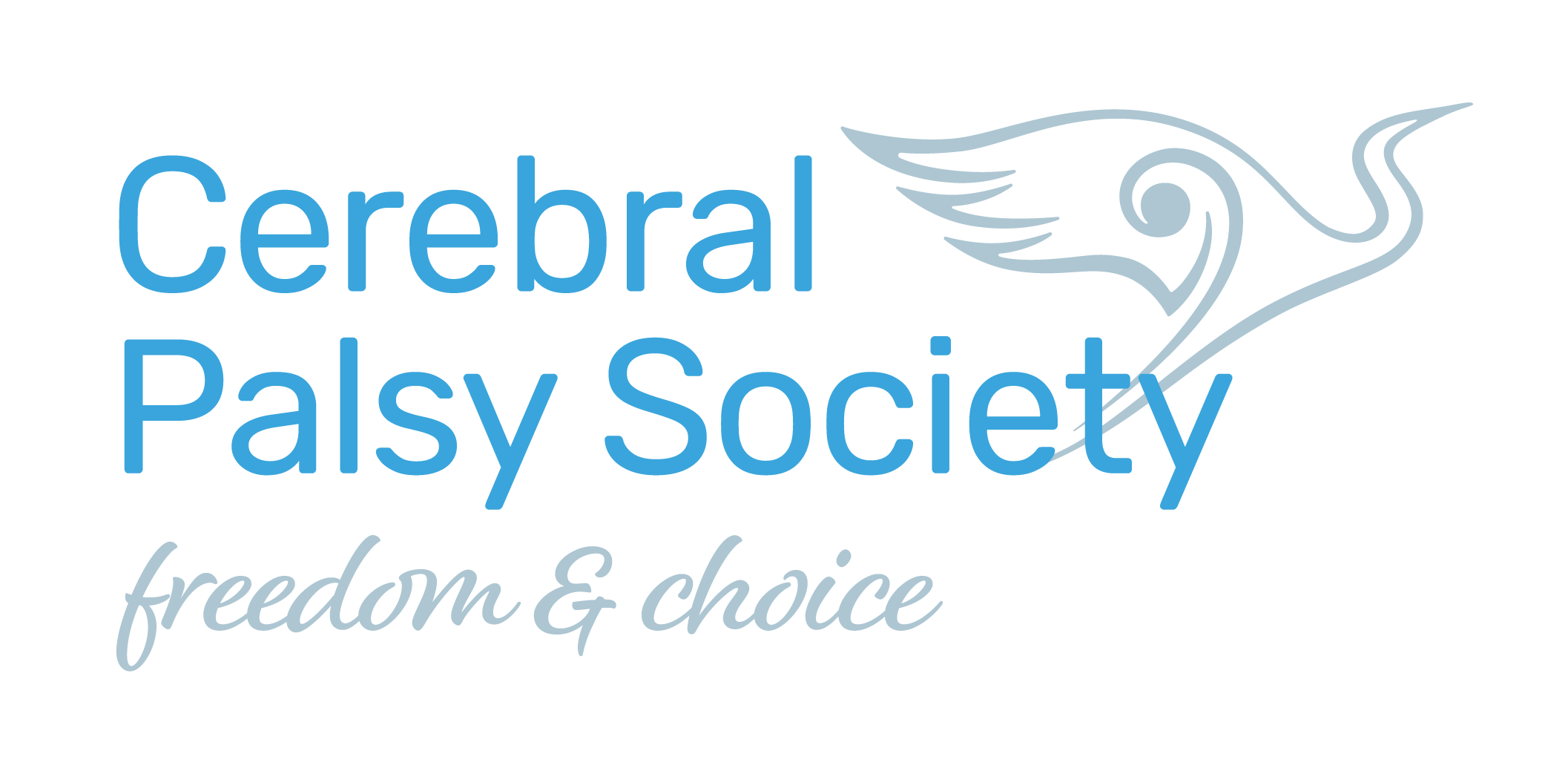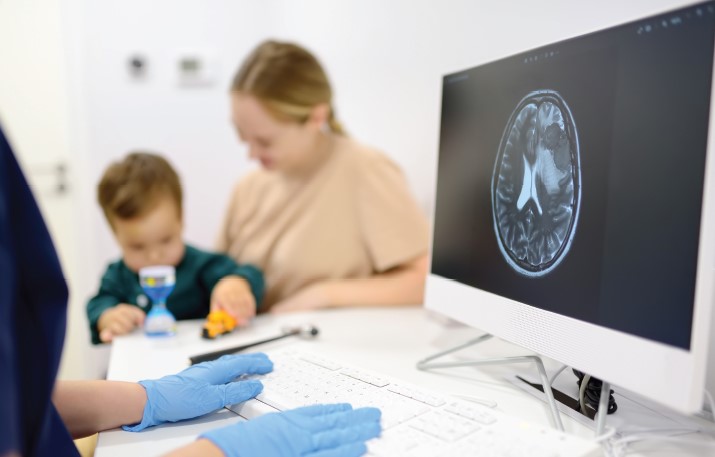Research
Navigating change in the health and disability landscape
25 Mar 2025
As we step into 2025, one of the most critical areas of the Cerebral Palsy Society’s advocacy is understanding and responding to the evolving health and disability landscape.
By Amy Hogan
The current health system, while intended to serve all New Zealanders, is in the midst of significant restructuring – changes that are already creating ripple effects for
disabled communities.
While systemic improvements are a long-term goal, the immediate impacts cannot be ignored.
The Disability Support Services (DSS) Taskforce, a cornerstone of these changes, is reshaping how services are designed and delivered.
For our community, this means uncertainty about access, quality of care, and how well these reforms align with the principles of the New Zealand Disability Strategy and the United Nations Convention on the Rights of Disabled Persons (UNCRPD).
This is why the Society’s role as advocates is more vital than ever.
Research: A foundation for advocacy
One of the defining aspects of effective advocacy is the development of Aotearoa New Zealand-specific research that highlights the challenges faced by our community.
Research gives us the ability to speak with specificity, backed by numbers and evidence, about the systemic gaps we are asking to be addressed.
Teams across the country have been working on several projects that resonate with the priorities expressed by our members. These include:
• Piloting regional hubs to support neonates at risk of CP
• Training health professionals on the use of tools for early detection of CP
• Studying the impact of respiratory and oral health for people with CP
• Developing prototypes for 3D-printed equipment to address long waiting lists for items like ankle-foot orthoses (AFOs)
• Exploring the practicalities of delivering intensive therapy programmes in a New Zealand context
• Building capacity for community driven research amongst PhD students and research fellows in subjects such the health and wellbeing of adults with CP.
The Cerebral Palsy Society has worked alongside these researchers to varying degrees, because over the years, our members have consistently expressed interest in understanding these aspects of CP better.
Understanding health care for people living with CP in Aotearoa New Zealand
A Cerebral Palsy Society-directed project is underway to help us get a better understanding on the health services delivered for people living with CP in Aotearoa New Zealand.
Why?
The information gathered from the project will help with:
• Identifying differences that may exist across factors such as ethnicity, region, age or funding provider
• Providing information for advocacy work
• Informing on best practice.
How is the project being done?
The project is using several different ways to collect information. These include:
• Part 1 – Reviewing what is already known about health services provided for people living with CP in Aotearoa New Zealand
• Part 2 – Gathering details on the health services provided using national health data collections
• Part 3 – Hearing from people living with CP about the health services they use and the impacts for them.

What is happening now?
Work started on Part 1 and 2 of the project in July 2024. In 2025 we will start planning out Part 3, which involves hearing from people with CP.
To help plan Part 3, we are forming a small group of people with lived experience of CP to advise us on topics and questions that would be good to include.
Early in 2025 we will share details on what will be involved in joining this online advisory group and how to express your interest in being part of it.
Immediate action meets long-term strategy
Advocacy in this space requires balancing urgency with sustainability.
On one hand, we must act swiftly to address the immediate harms caused by system delays, funding shortages, and gaps in care.
On the other hand, we are laying the groundwork for sustained change through efforts like this research, preparing briefing papers for government officials, and contributing to international collaborations under the UNCRPD (United Nations Convention on the Rights of Persons with Disabilities).
On a practical level this includes:
• The Cerebral Palsy Society’s discussions with local government
• Shaping the Australian and New Zealand CP Strategy 2025
• Collaborating with broader disability groups in collectives such as the Neurological Alliance
• Being on the list to advise Whaikaha and the new Disability Support Services Taskforce.
This dual approach acknowledges that systemic change is slow but also that waiting isn’t an option for those feeling the effects now.
Thank you for participating in our previous research and advocacy on CP topics.
We look forward to sharing more opportunities with you in 2025.
 Amy Hogan is the Cerebral Palsy Society’s Researcher and Member Support Advisor.
Amy Hogan is the Cerebral Palsy Society’s Researcher and Member Support Advisor.
This article was originally published in the March 2025 edition of The Review magazine.


